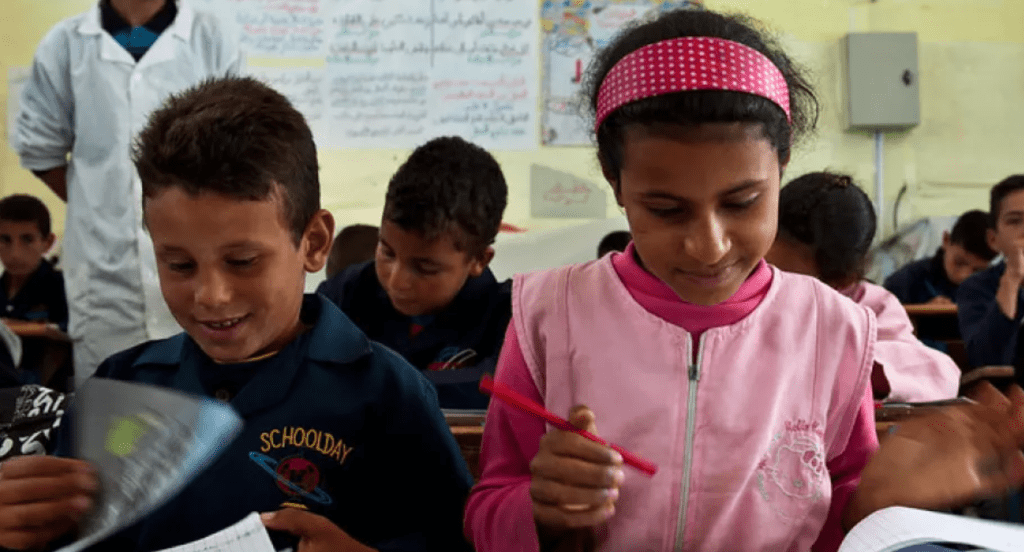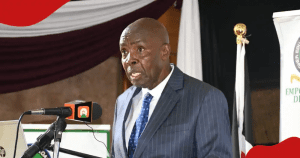Keywords: Global Learning Crisis, Learning Poverty, Skill Development, Reading Skills, Inequality, Education Goals, New Approaches

Introduction
Turning ten is an exciting milestone for most children, filled with new discoveries and an expanding understanding of the world. Yet, for too many children, this is not the case. For over half of the children in low and middle-income countries, the ability to read a simple story remains an unfulfilled promise. This presents us with a global learning crisis, one that necessitates fresh approaches to resolve.
The Global Learning Crisis
The enormity of the learning crisis is hard to overstate. This crisis is curtailing the opportunities and aspirations of billions of children worldwide, a situation that is simply unacceptable. Earlier this year, data was released supporting a new learning target: reducing global learning poverty by at least half by 2030.
The Essential Skill of Reading
Learning to read is a pivotal skill. It opens a world brimming with possibilities and serves as the foundation for other core subjects, including arithmetic and science. Learning poverty is defined as the proportion of ten-year-olds who cannot read a simple story. Eradicating learning poverty is an urgent task, crucial for eliminating general poverty, promoting shared prosperity, and unlocking a child’s potential.
Stagnant Progress
However, progress in reducing learning poverty has been stagnating over the years. Globally, there was only a 10% improvement in learning outcomes among primary school-aged children from 2000 to 2007. If we continue at this pace, by 2030, 43% of ten-year-olds will still not be able to read.
Uneven Learning Landscape
While some countries have seen improvements over the years, a glaring disparity exists between low-income and middle-income countries. Learning poverty is a global crisis, but it is particularly acute in Africa, where nearly 86% of children cannot read a simple story by the age of ten.
A Glimmer of Hope
The good news is, children who will be ten in 2030 have yet to be born. If we act swiftly and decisively, there is still a chance to reverse this trend.
Conclusion
Addressing the global learning crisis requires innovative and efficient strategies, focusing on essential skills like reading. We must not let our future generations be burdened with learning poverty. It’s time to think outside the box and collaborate on a global scale to halt and reverse this crisis.
This discussion does not end here, and I encourage you to share your thoughts, ask questions, and engage in this critical conversation. We need collective wisdom to tackle this global issue, and every input can make a difference.





